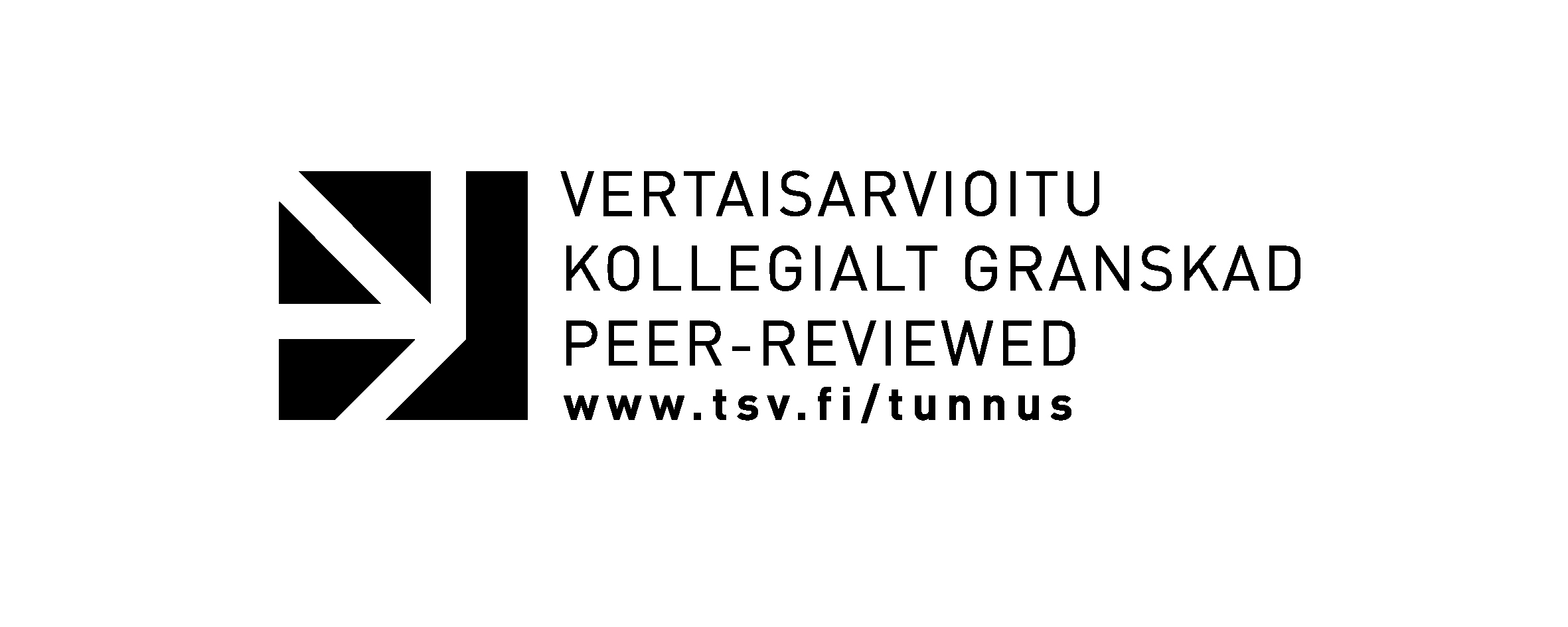Introduction: Transnational Processes and Practices in the Everyday Lives of Migrants and Non-Migrants in Europe
Keywords:
Migration in Europe, transnational practices, translocality, everyday life, family, ethnography, migration researchAbstract
ntemporary migration research and public de- bate in Europe have concentrated primarily on migration from outside Europe, especially from Asian and African countries to Europe (Castro- Martin & Cortina 2015). Tis is especially notice- able when they concern transnational families and family reunifications (including marriage mi- gration), and issues related to refugees and asy- lum seekers. Particular migrant groups and their descendants (e.g. Turks, Moroccans, Pakistanis, Somalis, Kurds), and especially Muslims, have attracted much of the attention, partly because they form a considerably visible and one of the largest migrant communities in many European countries.1 However, issues such as migrants’ integration into countries of settlement, experi- enced racism and discrimination, conceived and supposed cultural differences (e.g. in religion, marriage practices, gender roles etc.), and a po- litical climate that supports more restrictive mi- gration policies in many European countries seem to direct migration research towards a concen- tration on certain migrant groups and especially problem- and conflict-centered themes. Tis is not to say that the aforementioned approaches and issues are irrelevant and not worthy of re- search. Te point here is that when research fo- cuses merely on migration from other parts of the world to Europe, it may also simplify our under- standing of the complexity of experiences of mi- gration and issues of integration and belonging.







